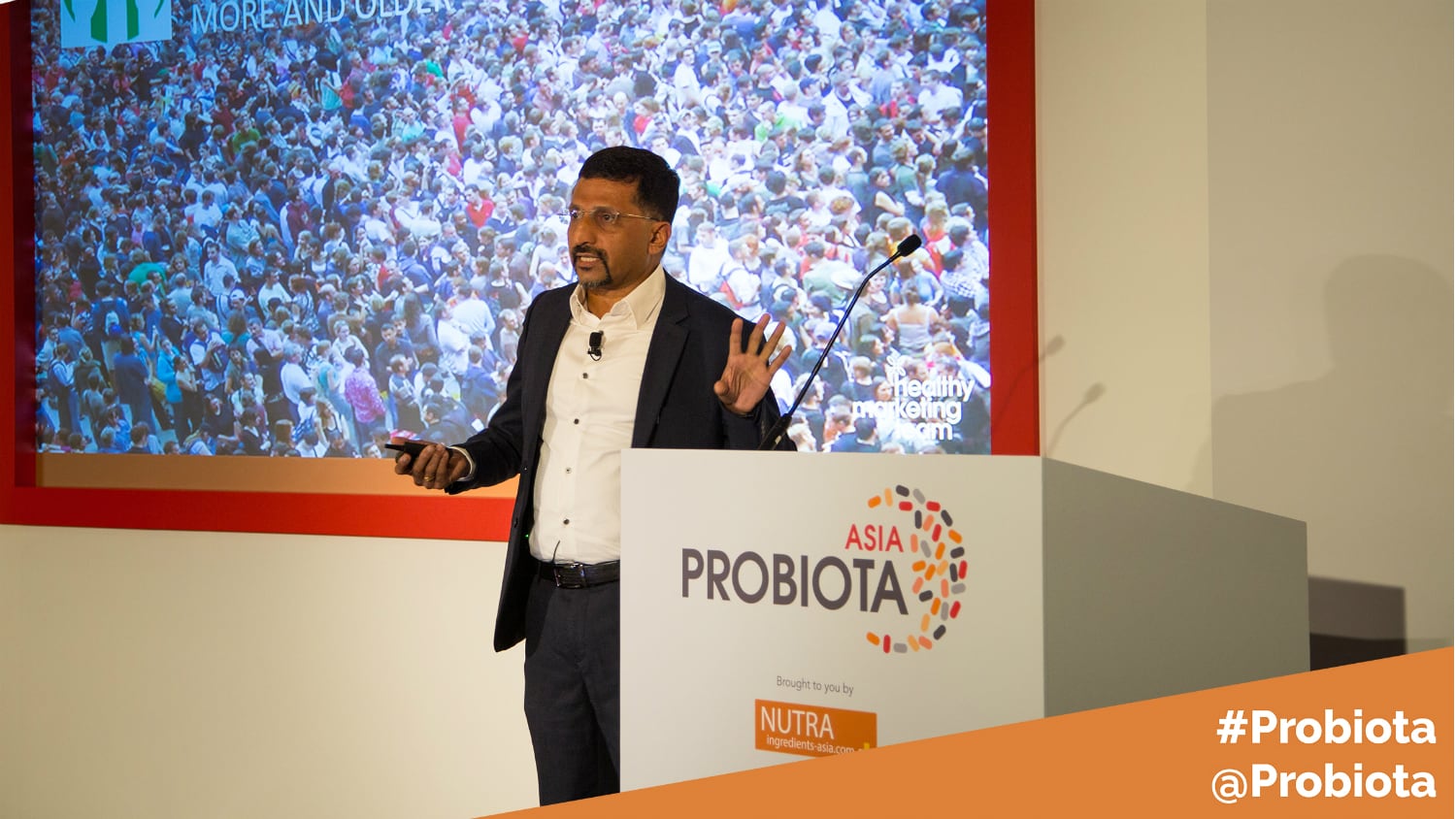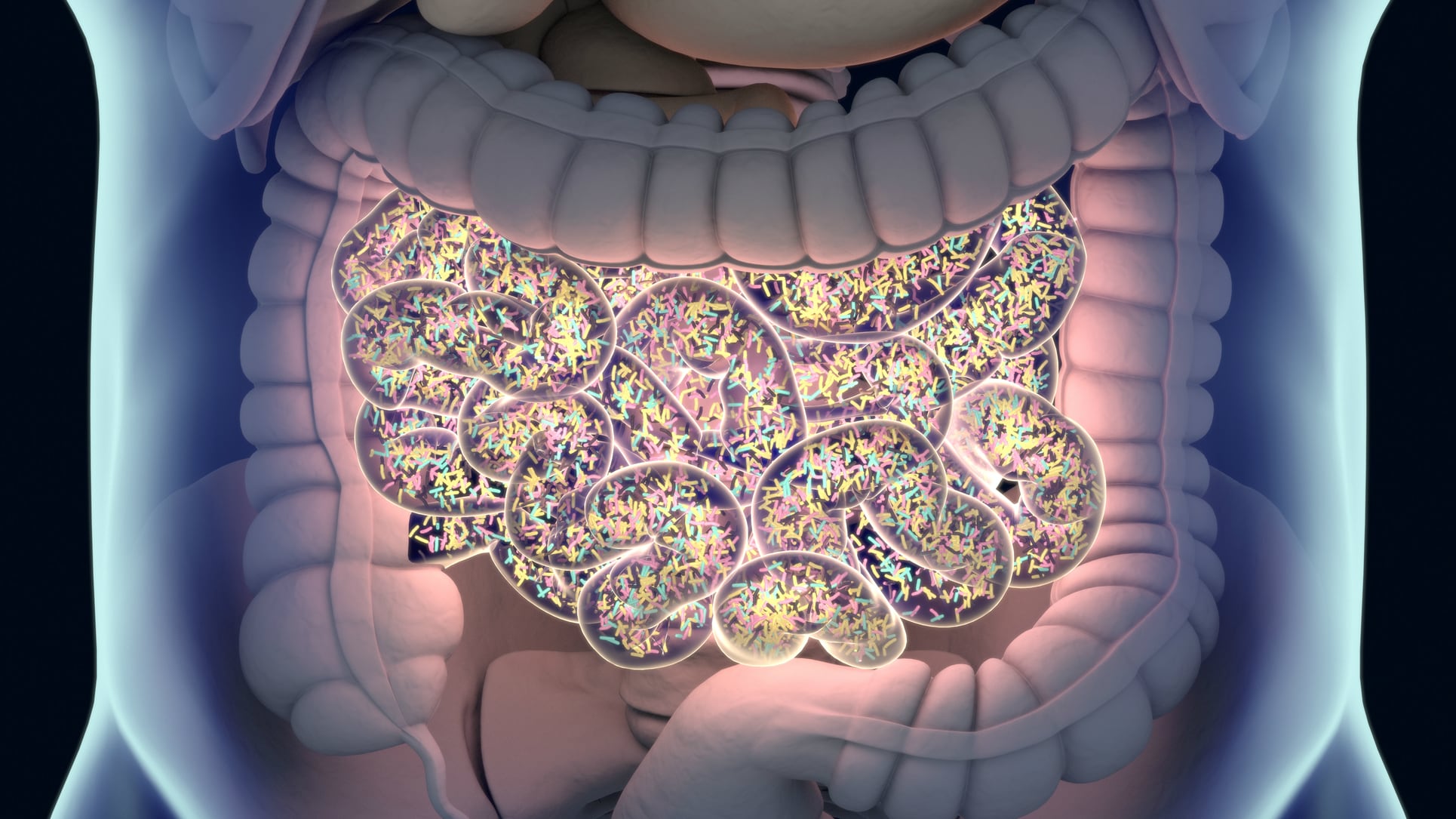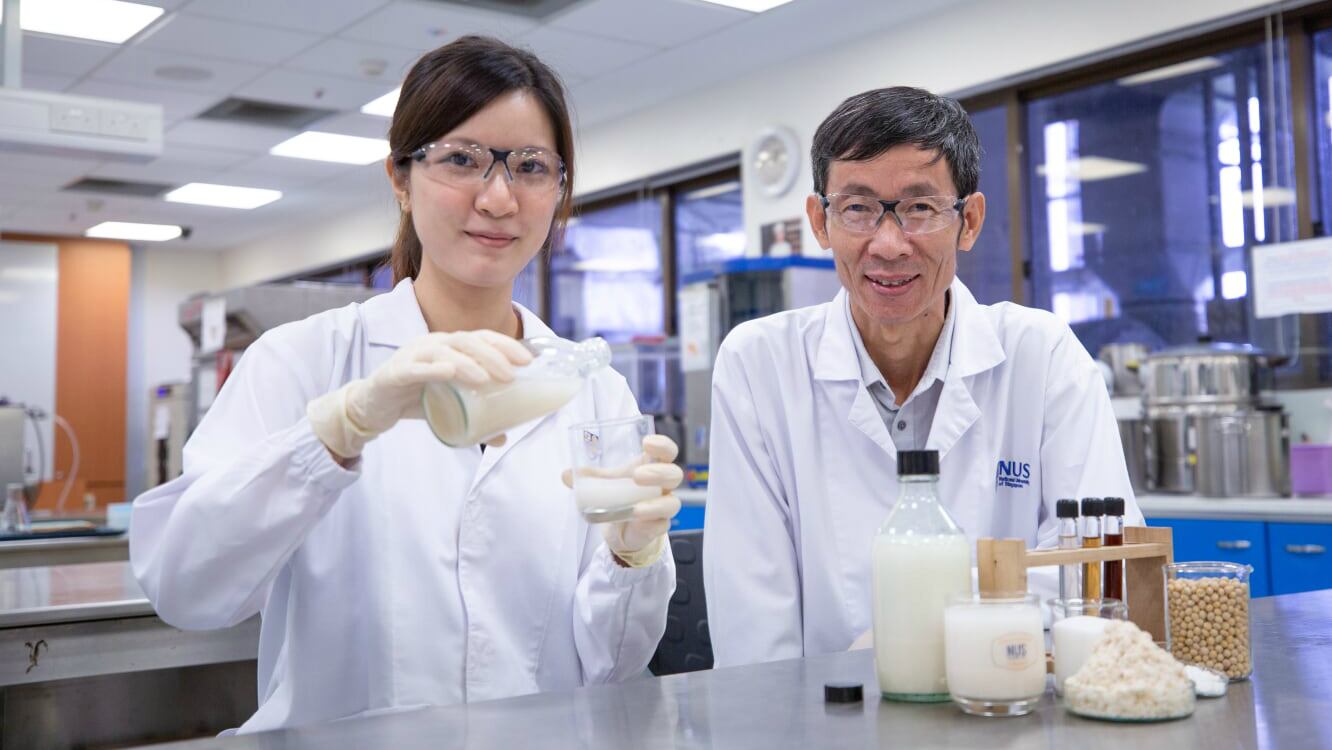Organised by NutraIngredients-Asia, the event took place at the Hilton Singapore.
Speaking on the innovation opportunities, Deepak Gunvante, the expert consultant & partner APAC at The Healthy Marketing Team, which recently opened a hub in Singapore, said:“Obviously the gut flora is the new super organ, with thousands of species, and over 100 trillion of bacteria cells.
“The fact that 90% of the serotonin receptors are in the gut, it is like the second brain - it’s a completely different paradigm altogether. Moving forward, we can have perhaps even microbiome-based therapeutics in the future, we don’t know how far we can go as far as this is concerned,” Gunvante said.
At present, the functions of probiotics are already heading towards providing multiple benefits, aside from enriching gut health.
Products catered for different life stages, in particular, early nutrition products to enhance immune system and brain development of infants are some examples cited that Gunvante has cited.
In addition to brain health, probiotics products that promote general wellness, prevent diseases and manage blood glucose level and cardiovascular health are also growing in number.
Product format wise, there is a growing preference for plant-based probiotics and the addition of probiotics into a wider variety of food formats, such as kombucha, soda and chips.
This was because these products fit readily into the consumers’ dietary habits as compared to pills and capsules, Gunvante explained.
As the market continues to innovate more products, he cautioned the industry to demonstrate product credibility.
“Demonstrating clinical evidence and scientific data is the only way to establish credibility.”
Recounting past developments, he said that the knowledge and commercialisation of probiotics have exploded in the past 90 years – starting with the association of longevity with fermented milk in Bulgaria, and the world’s first successful isolation of probiotic strain by Dr Minoru Shirota, the founder of Yakult, in Japan.
Market strategies
Probiotics products have entered the market via two strategies in the past, Gunvante pointed out.
The first route was technology driven. Under this development, after new products are produced, they were adopted by a small group of consumers who enjoy novel and trendy products.
As more consumers find the products useful and convenient, the products were subsequently accepted by the mass market.
An example was Yakult, which was firstly introduced into the market due to its functionality. As it establishes its branding and as consumers recognise its advantages, it later became a mass market product, a “tradition” for maintaining gut health.
Probiotics product can also enter the market in the reverse direction, Gunvante said, citing the growing interest in the probiotics function of traditional food, such as yogurt, kefir, and sour milk.
“There is the intersection of the two market strategies throughout history”, he added, concluding that probiotics products could enter the market in either direction.




